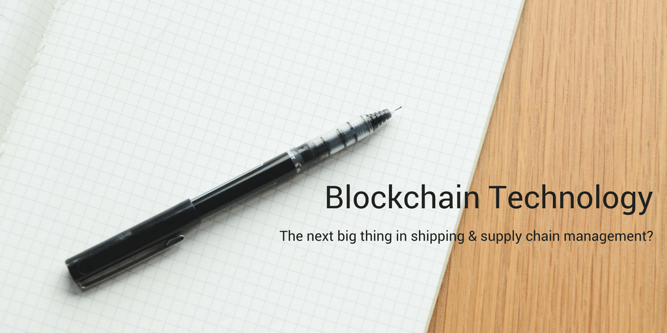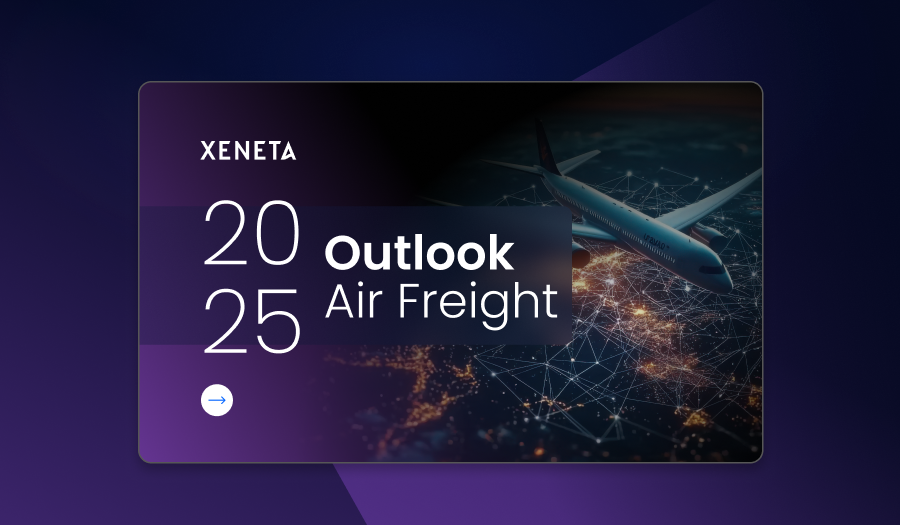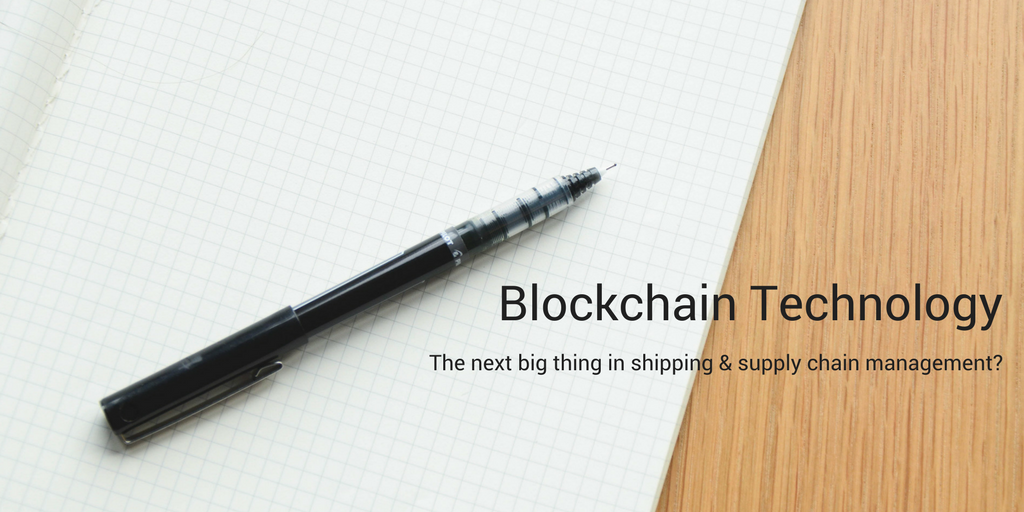
Security, transparency of movement throughout the supply chain and electronically initiating and enforcing contracts, are vital for successful supply chains. Blockchain technology is is facilitating visibility and efficiency in transaction in various industries. In our latest survey, we asked if blockchain technology will help ease and make admininstration work in SCM more efficient.
Can Blockchain Technologies Benefit Supply Chains?
A blockchain is a data structure that makes it possible to create a digital ledger of transactions and share it among a distributed network of computers. Numerous articles are popping up on the possibilities of blockchain technology so for our latest survey, we asked: “Do you expect blockchain technologies for logistics to regulate and simplify administrative work in shipping and logistics/supply chain management?" The results were as follows: 72% of respondents said "yes" while 20% were "not sure" and 8% noted "no".
Kenneth Kowal, @LogisticsTek, commented “I do expect blockchain to simplify administrative tasks, but more importantly believe it will serve to simplify the process of managing shipment information and the financial transactions involved with trade.”
However, @LTDManagement weighed in with his comment, “Unknown. The product and finance supply chains run parallel. There is no link or integration. Will blockchain technology for logistcs be that first step to integration? As long as the two supply chains are separate, then ideas as to simplify may be premature.”
Some specific industry examples were passed along to us; one of which came by way of David Weaver, @Weaver_DavidW, who shared a really interesting article from a colleague, Matthias Berlit.
The article, The Potential of Block Chains for Finished Vehicle Logistics, depicts a great example of the potential use of blockchain “starting with the OEM, adding each new VIN (vehicle identification number) into the block chain together with other relevant data, such as the vehicle´s color and model, as well as runtime data such as position, status and ownership/responsibility for the VIN.
The OEM, as the party in charge, would then be allowed to grant access rights to the vehicle’s information to the various supply chain partners.”
Another industry example was provided by @Namenode5 who suggested we look into what IBM is doing with the cotton industry. We did and thank you @Namenode, it is indeed interesting! Last month, The Seam, a commodities trading and agribusiness software provider, announced it would form a blockchain consortium for the global cotton industry. The group plans to work with IBM to create a supply chain and trading ecosystem.
Blockchain Supply Chain Management and Logistics
Maersk is exploring ways blockchain technology can improve operations involving paper-based bills of lading. The company was involved in a proof of concept with blockchain expertise from the IT University of Copenhagen, aimed to replace the traditional bill of lading.
Additional Reading Xeneta Sources: Capacity Pull on Asia-Europe Westbound Post CNY
According to IBTimes.com, in the case of container shipping where there is overcapacity and the paperwork processing is more costly than shipping the container, the margins are slim. In this process, 100 different stakeholders on an average can be involved at various stages.
Another example with the ocean freight market is Marine Transport International (MTI) who is using blockchain technology for sharing verified gross mass (VGM) information for container weighing rules.
According to The Loadstar, MTI is using Black Swan’s TrustMe solution, to store VGM data, providing a permanent record visible to ports, shippers and cargo owners which is replacing logs, spreadsheets and individual databases.
It’s still early to tell how really useful blockchain supply chain management technology will be. Even the research firm, Gartner, seems a bit skeptical. According to the firm, by the year 2022, an innovative business built on a blockchain will be worth $10 billion; however Gartner analysts believe that many of the solutions currently being developed using blockchain technology could be done using existing, tested and proven systems such as relational databases hosted in a cloud.
@dhalvorsonbush from American Eagle Logistics, commented, “There are still many factors that will need to go into the application. More importantly it's getting people on board. However, if you can get the acceptance it can be a promising mechanism for data management and/or record keeping”.
Related reading:
Supply Chain Talent Crisis | The Imbalance in Future Logistics
The Process Of Benchmarking Supply Chain & Ocean Freight Rates
Find Out More
Let us know what you think, leave your comment below. In addition, make sure to sign up to our blog to make sure you get our latest posts about shipping, logistics and supply chain management.


-1.jpg)



